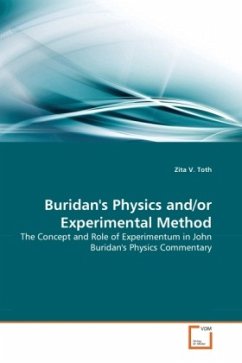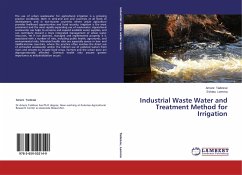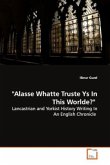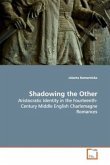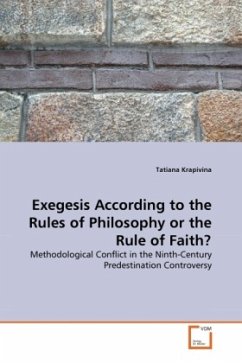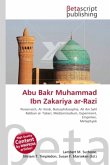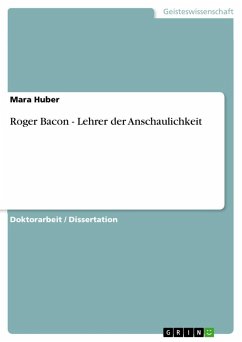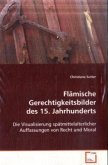John Buridan was one of the most influential natural philosophers of the Middle Ages, who has often been regarded as an important forerunner of modern physics. The present book examines Buridan's natural philosophy from a methodological point of view, presenting his methodology both as it is explicitly elaborated in his theoretical writings and as practiced in his Physics commentary. By analyzing his treatment of the void in the latter work it becomes apparent that experience has a twofold role in Buridan's argumentation: it provides the basis of certain premises, but has little part in the scientific explanations and demonstrations. However, this restricted role, instead of contradicting, follows directly from Buridan's philosophy of science; the latter, although being based on an empiricist epistemology in the broad sense, assuming that experience is necessary for the acquisition of some scientific principles, also admits that there can be no necessary and universal knowledge without the prevailing role of the active intellect.
Bitte wählen Sie Ihr Anliegen aus.
Rechnungen
Retourenschein anfordern
Bestellstatus
Storno

